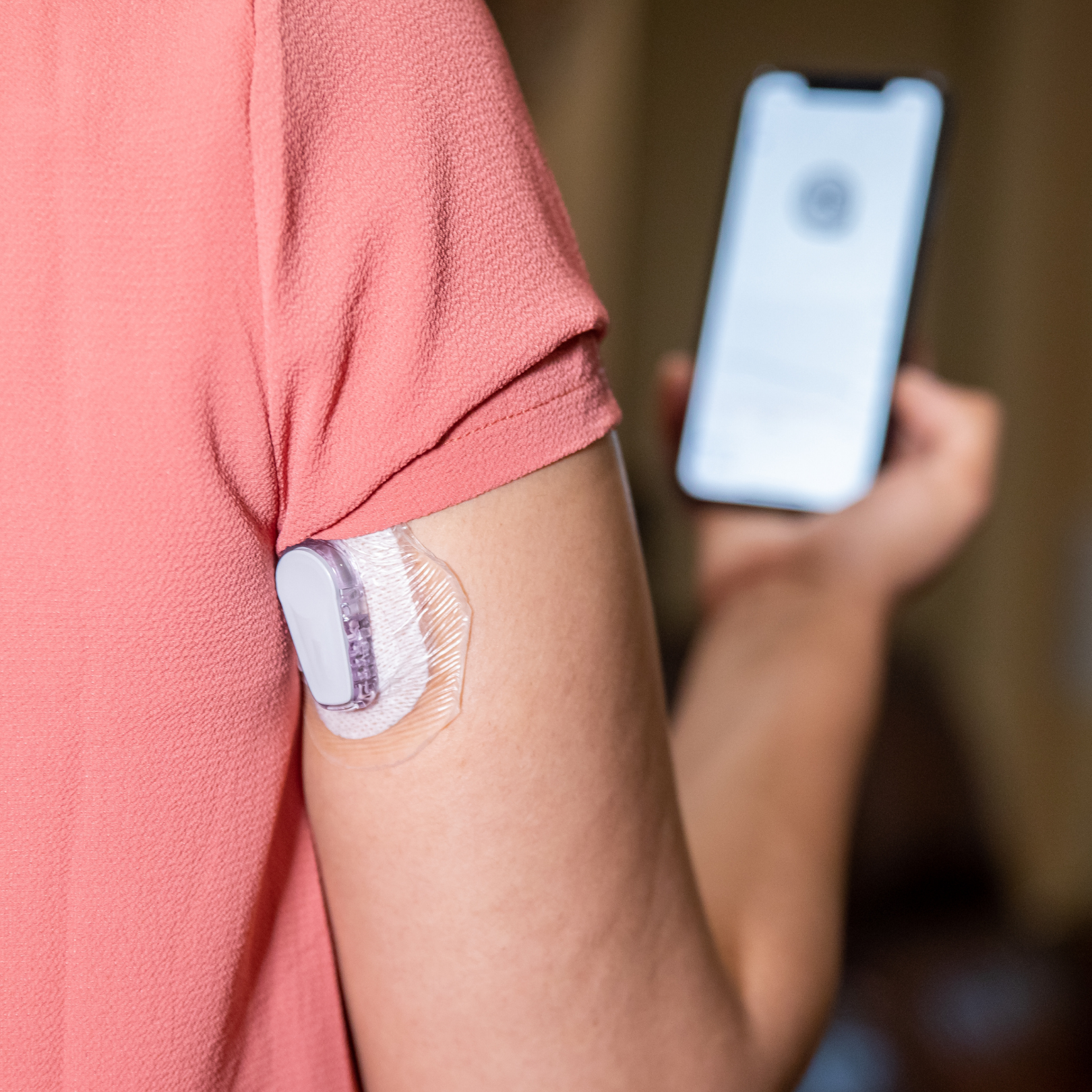News
Understanding Low Testosterone and How It Affects Men’s Health

What Causes Low Testosterone?
The testosterone hormone is secreted by the testes, which means it’s a part of the endocrine system. If a man is diagnosed with hypogonadism, it means they’re experiencing a blend of low testosterone along with a potential for a number of other bothersome symptoms.
Men with low testosterone are more likely to later develop diabetes. Testosterone helps the body’s tissues take up more blood sugar in response to insulin. Men with low testosterone more often have insulin resistance: they need to produce more insulin to keep blood sugar normal. Studies show that around 30-50% of men with Type 2 Diabetes have low testosterone.
Additionally, obesity and low testosterone have a close association with each other. Obese men are more likely to have low testosterone. And males with very low testosterone are also more likely to become obese.
Fat cells metabolize testosterone to estrogen and lower their levels. Also, obesity reduces levels of sex hormone binding globulin (SHBG), a protein that carries testosterone in the blood. Less SHBG translates to less free testosterone.
Losing weight through a healthy diet and exercise can increase testosterone levels.
At the age of 40, men’s testosterone levels start to decline by around 1% with every passing year. Testosterone levels can be checked with the help of simple blood tests. The key is doing these tests consistently.
Treating Low Testosterone
One of the primary ways to combat low testosterone is through testosterone replacement therapy. This can help men improve their sex drive, muscle mass, bone health, and even their red blood cell count. If other health complications are causing low testosterone, it’s advised to focus on those before pursuing replacement therapy.
At Texas Diabetes and Endocrinology, we provide the following treatments for low testosterone:
- Skin patches
- Gels
- Injections
- Nasal spray
For more information about treatments for low testosterone, contact us here. And don’t forget to follow on Facebook and Instagram.







